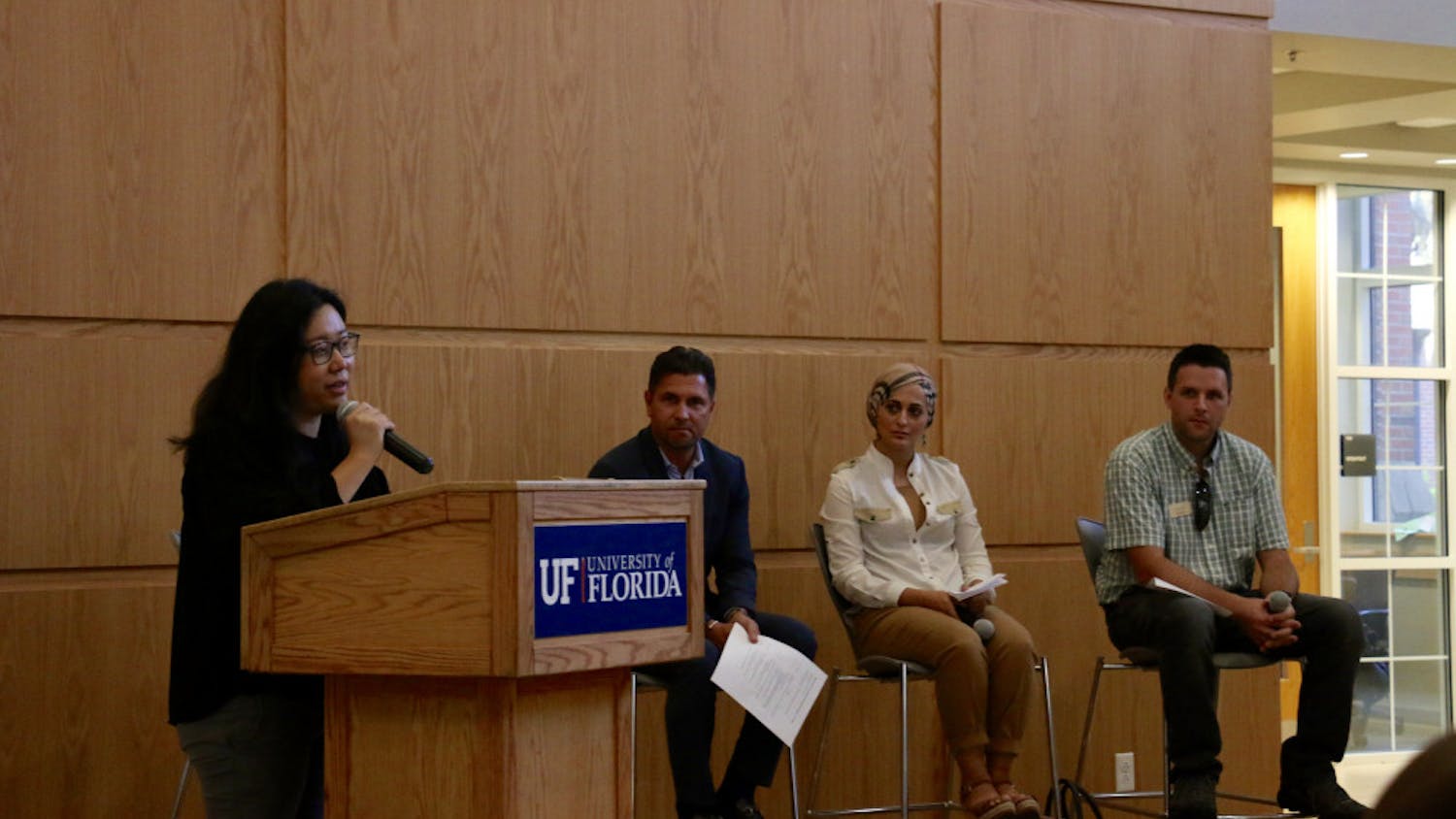Tuesday Hungary closed its borders, which sealed off a route that has contributed to bringing over 500,000 people to the borders of European Union nations this year.
Some countries have accepted them in stride. Germany expects to take in more than 800,000 asylum-seeking people this year. Sweden took in about 80,000 asylum seekers last year. Other EU countries have been reluctant to help. The United Kingdom, Ireland and Denmark have chosen to opt out of EU asylum-seeking policy entirely, although the U.K. has agreed to accept 20,000 people from Syria over the next five years.
What I find troubling is how often this influx of people is referred to as a "migrant problem" when in reality it's closer to a "refugee crisis." By United Nations definition, an international migrant is anyone who "changes his or her usual country of residence." For this reason, it is an incredibly vague, and often misleading, term when used to describe the vast number of people currently attempting to enter the EU.
In contrast, a refugee is recognized as a person fleeing conflict or persecution on the basis of race, religion, nationality or membership of a particular social group or political opinion. Per international laws, a country cannot send refugees back to their home countries if it is clear that their lives will be in danger if they return.
Using the term "migrant problem" to describe the influx of people into the EU carries the connotation that many are doing so to escape poverty but not necessarily fleeing for their survival. While this may be true for a small fraction of them, more than half of this year’s EU migrants originated from Syria, Eritrea and Afghanistan. All three countries are wrought with conflict ranging from ruthless insurgent groups to corrupt governments.
Migrants from these countries have left because they had to in order to live, not because they wanted to seek a better life in the West. They are refugees. Calling this crisis a "migrant problem" fundamentally denies its urgency. There is no doubt these people are desperate. More than 2,600 migrants died trying to cross the Mediterranean Sea to get to the EU’s southern borders. It takes time and resources to determine who among those trying to enter the EU are truly refugees and who are economic migrants. But in the meantime, it is not acceptable to simply refuse to help the many people who will otherwise perish in their home countries.
I realize that it may not be feasible for the EU to accept all of these migrants in the long term — although it should be noted that Lebanon has accepted more than 1 million refugees since the start of the Syrian civil war in 2011— but turning its back on a suffering group of people in an hour of need is not the answer. That being said, the rest of the world must also help. Ultimately, this is a global problem that needs a global solution that doesn’t entail leaving thousands to die.
Namwan Leavell is a UF economics senior. Her column appears on Fridays.





